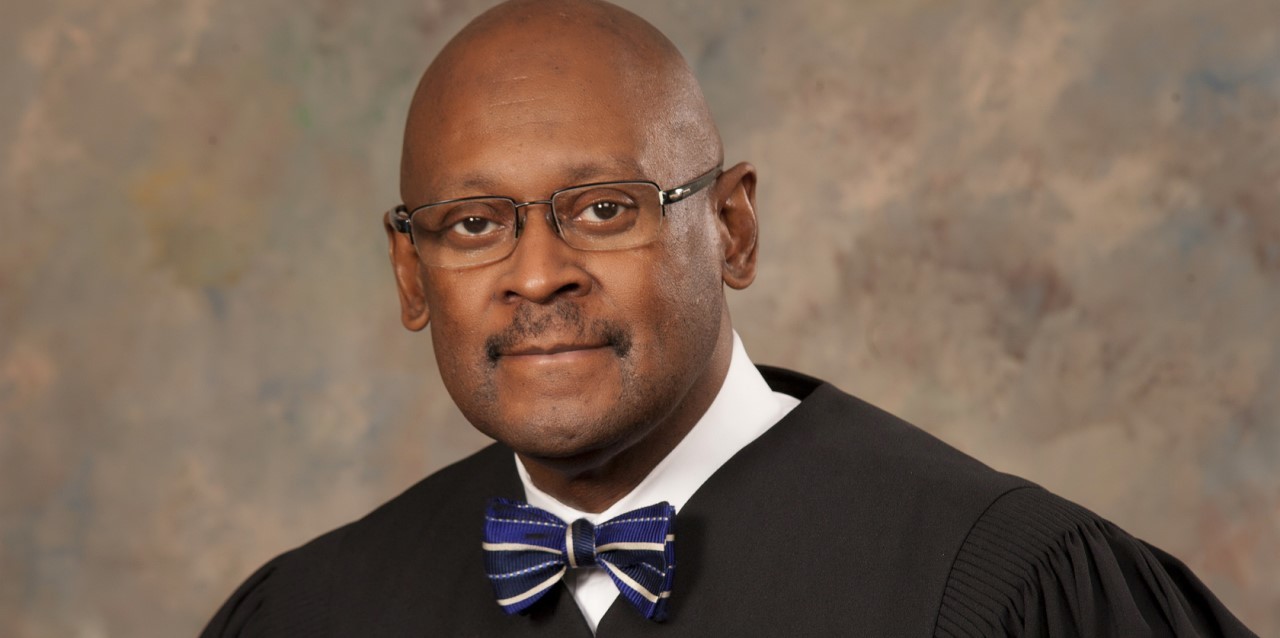CHICAGO — The Illinois Supreme Court determined an insurance company was obligated to defend a suburban tanning franchise accused of violating the state’s biometrics privacy law.
In December 2016, Cook County Judge Rodolfo Garcia approved a $1.5 million settlement agreement between L.A. Tan Enterprises and a class of plaintiffs — led by named plaintiff Klaudia Sekura and represented by Edelson P.C., of Chicago — who alleged the nationwide franchiser of tanning salons scanned customer fingerprints and stored them in a national membership database without following Illinois Biometric Information Privacy Act requirements.
West Bend Mutual Insurance Company, which issued business liability coverage to Krishna Schaumburg Tan, an L.A. Tan franchisee, sought a declaratory judgment indicating it wasn’t obligated to defend the franchise in the BIPA lawsuit, saying the alleged violations weren’t covered under “personal injury” or “advertising injury” protections.
After the parties filed motions for summary judgement, with Sekura joining Krishna, a trial court ruled against West Bend, determining the original complaint alleged an improper “publication” regarding dissemination of biometric data to a third party, an act covered under the policy. The First District Appellate Court agreed, saying publication can be meant to include even limited information sharing with one party.
In a unanimous opinion filed May 20, the Illinois Supreme Court affirmed the earlier rulings. Justice P. Scott Neville wrote the opinion. The ruling is likely to be influential as hundreds of businesses face lawsuits alleging BIPA violations potentially worth millions of dollars in statutory violations or settlements.
“We must construe the terms in West Bend’s policies to determine whether the allegations in Sekura’s complaint allege that Krishna’s acts caused Sekura a personal injury and whether Krishna’s sharing of biometric identifiers and information was a publication of material that violated Sekura’s right to privacy,” Neville wrote. “West Bend’s policies define personal injury and advertising injury, but the policies do not define the terms publication or right to privacy.”
At all levels, West Bend argued the issue hung on Sekura’s allegation Krishna shared fingerprint data with a vendor and not to the general public. Neville explained the Supreme Court relied on definitions of the term “publication” in various sources, including the Oxford English and Black’s Law dictionaries, as well as case law concerning both insurance policies and privacy litigation.
“We find once again that publication means both communication to a single party and communication to the public at large,” Neville wrote. With two definitions, he continued, the term is ambiguous “and will be strictly construed against the insurer who drafted the policies.”
The Supreme Court used a similar process in analyzing the phrase “right of privacy,” including a brief examination of BIPA’s specific protections to determine it “protects a secrecy interest — here, the right of an individual to keep his or her personal identifying information like fingerprints secret.”
The Supreme Court, as did the lower courts, also considered whether West Bend could invoke its policy’s exclusion on violations of statutes prohibiting information communication. The appellate court said that argument failed because the exclusion is only supposed to apply to laws governing certain methods of communication, such as emails, faxes or phone calls, whereas BIPA has no reference to specific information media.
Neville said the policy specifically addresses the Telephone Consumer Protection and Controlling the Assault of Non-Solicited Pornography And Marketing acts. Although the policy also references “other methods of sending material or information,” the Supreme Court said BIPA’s intent is not legally similar to those federal laws and doesn’t trigger the exclusion.
“We hold West Bend has a duty to defend Krishna in Sekura’s lawsuit,” Neville wrote. “We affirm the judgment of the appellate court, which affirmed the judgment of the circuit court.”
The case is remanded.
L.A. Tan was represented in the action by the firm of Baker Hostetler, of Chicago.
